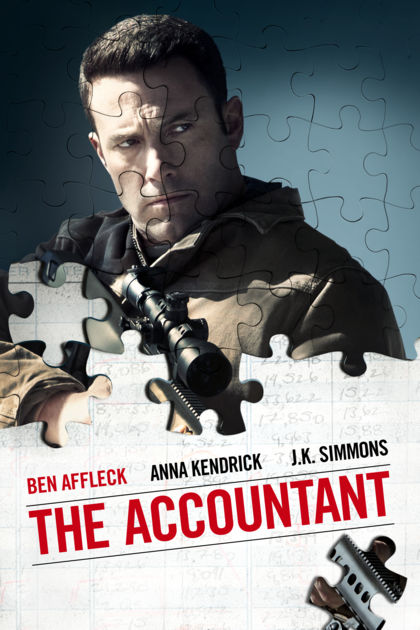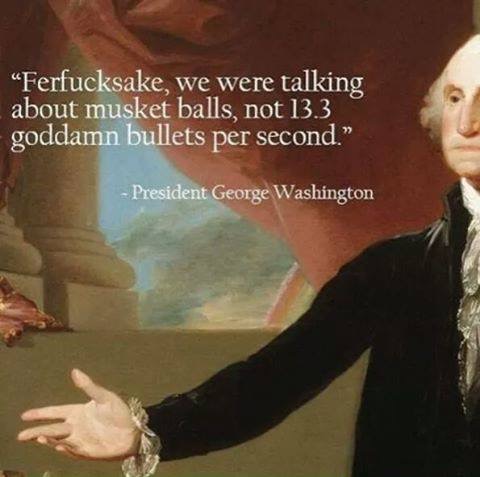Yesterday a man staying at the Mandalay Bay Hotel & Resort
in Las Vegas, Nevada opened fire on a crowd gathered outside at a country
music festival. Nearly 60 are dead and well over 500 are wounded. The man
was armed with multiple assault weapons. He basically fired the weapons
out of the windows of his hotel suite onto the helpless crowd of 22,000,
some 30 stories below.
We can only guess at what motivated the shooter — his name is well
known by this point, but I like the approach the Mayor took in her
interview on NBC's TODAY show, denying him posthumous notoriety
by refusing to speak it — to do such a horrific thing.
I heard yesterday that ISIS actually claimed responsibility. Why
wouldn't they? I believe ISIS is sure to use his name as propaganda
regardless of whatever the truth actually is. They'll spin whatever
yarn they need to recruit and to further their cause. But reporting
by CNN suggests law enforcement still must discover his motive before any
connection to terrorism can be established.
1
Multiple news outlets reported this morning that the shooter was a
retired accountant, who had 23 weapons in the hotel room and another
19 in one of at least two homes...

Image credit: Warner Bros. Entertainment
Clearly the actions of Affleck's character in The Accountant
aren't the same as the shooter in Las Vegas. I'm only drawing the comparison
on the similarites of the career choice and the weapons. Still... I do
wonder if the movie was some sort of motivator, or if there were
similarities beyond the two I've drawn upon. Pure speculation.
On Why and How
And I think in times like these there is a line between healthy and
unhealthy speculation. I've seen criticism on social media over the latter
— some make the point that why he did what he did is completely
irrelevant; yet the public wants answers. Answers about everything. We do
so love our infoporn. So, there's a demand for the irrelevant, I guess
because it makes us feel like it's helping us to understand... to process.
It's why I'm writing this.
I feel like the question we should be trying to answer isn't the why; it's
the how. And the how gets directly to the
heart of gun control and our freedoms under the
Second Amendment.
"A well regulated militia,
being necessary to the security of a free state,
the right of the people to keep and bear arms, shall not be infringed."
The Second Amendment is not specific about the types of armament
a private citizen is allowed to have. So the question really isn't about
the Second Amendment
per se as much as it is how to regulate
munitions the amendment permits. This is where we get into
interpretation — specifically,
collective rights theory vs.
individual right theory — and into
examples of individual cases, perhaps including
United States v Miller
(307 U.S. 174) and
District of Columbia v Heller (07-290); but note
that the court reasoned the sawed-off shotgun that was the subject of the former
and referenced in the latter is not an instrument that "has some reasonable
relationship to the preservation or efficiency of a well regulated militia . . . .";
automatic weapons are actually built specifically for that purpose.
Learn more about these cases.

President Washington didn't actually say that.
A Federal Ban
If we're getting into the how of the Second Amendment, we'll likely end up
somewhere between Machiavelli and Orwell. But I don't think this is likely to
happen — primarily because laws governing firearms — with exception of the
National Firearm Act (NFA)— are the province of state law. By the way, the few
state law entries I've read with regard to ownership of machine guns acknowledge
the NFA.
(UPDATE: When I started writing this post, I imagined a scenario in which the Republic
of Texas starts secession planning in response to a federal ban on machine guns,
and imagined the economic impact on the US on the loss of it's second strongest
economy. But then I looked into Texas' laws regarding assault weapons (see below),
and discovered they're already not allowed!)
The National Firearms Act
Machine guns and silencers are registered with the Bureau of Alcohol, Tobacco,
Firearms and Explosives (ATF) under the National Firearms Act.
2
The purpose of the act was to tax and regulation of machine guns,
silencers, modified weapons (like sawed-off shotguns) and explosive
devices.
These weapons are registered by the manufacturers, importers, and certain
governmental agencies — not by private citizens.
3
The ATF must even be notified of even temporary transportation of an NFA-registered
firearm across state lines.
4
State Laws May Be the Right Answer
I think it's more likely that states will continue to peform regulatory
functions than we'd see any kind of federal legislation on the matter.
According to the NRA-ILA website, it is illegal in the State of Kansas to
possess an automatic weapon: 5
"It is unlawful to possess...
any firearm designed to discharge or capable of discharging automatically more
than once by a single function of the trigger."
Persons in law enforcement are exempt, as are weapons "rendered unserviceable,"
and those registered in accordance with the National Firearms Act.
6.
(UPDATE: The ATF confirmed and offered some clarification to that final point:
In Kansas, as long as the weapon, say, a machine gun, was registered
with the NFA before the law went into effect in 1986, a private citizen
is allowed to legally own that machine gun in Kansas. No further
qualification is required.)
The base Kansas and Texas laws are two examples of state legislation
that could work for curbing unbridled access to assault weapons. By
contrast, the Nevada law simply states ownership of legally acquired
and registered machine guns is lawful. 7
Perhaps if more states establish stricter automatic weapons control, we
could finally leave episodes like this one behind us.